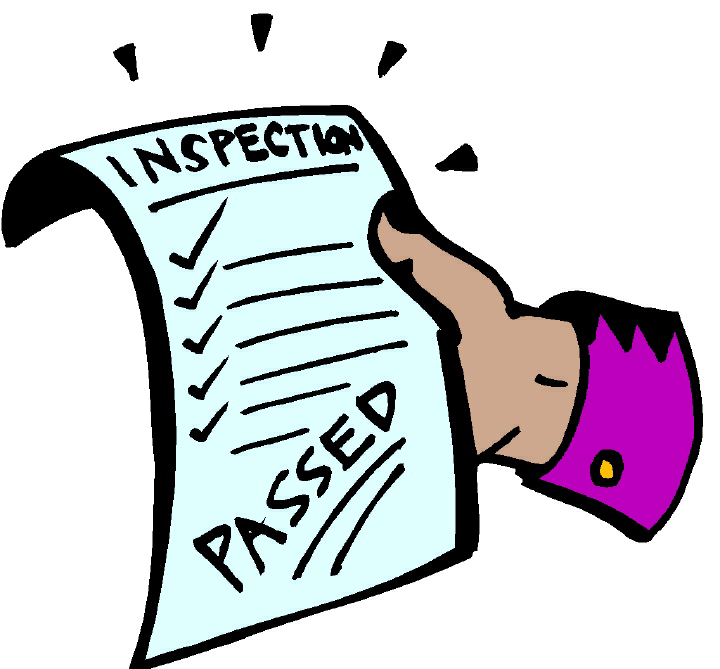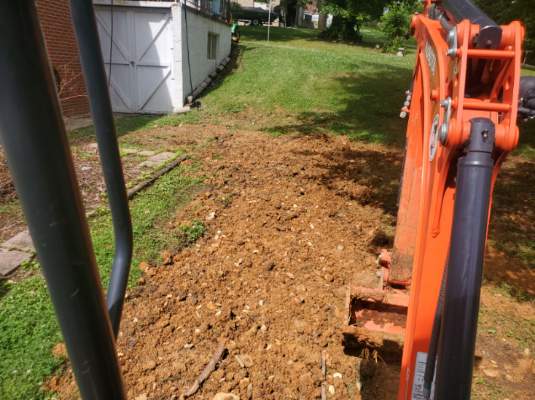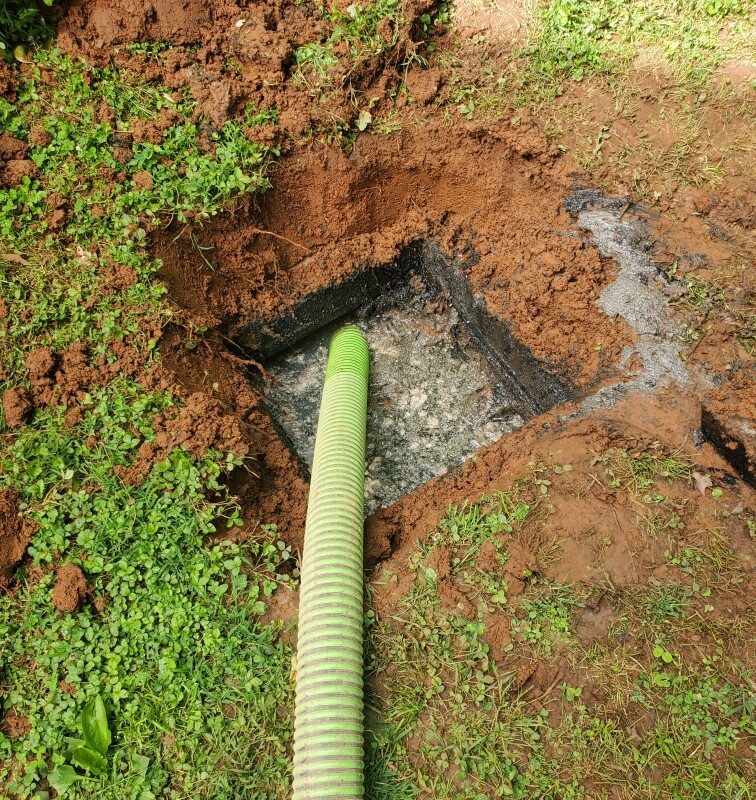There are several reasons why you would need your septic system inspected. It needs to be inspected if you are having a visible problem, every time you have your septic system pumping, and if you are buying/selling a home. If you are having a visible problem with your septic system, such as a back-up inside your home or water standing in your yard, the inspection will find where your problem is located so it can be repaired. When you have your septic system routine maintenance done every 3-5 years, your septic provider should also inspect your system, which can help locate problems before they become visible. If you are buying or selling a home, the inspection is a valuable service that we can provide.
Septic inspectors need to be licensed in the state of Tennessee, so not just anyone can perform the inspection. Many times, a buyer will require a septic system inspection before closing on the property. Since septic systems are expensive to have installed, buyers do not want to worry about the system failing in the near future. Keeping records of regular septic maintenance can also be a huge plus for the buyer.
A septic system consists of a septic tank, a distribution box, and a leach field, also called a drain field. The purpose of a septic system is to digest organic matter and separate floatable material such as toilet paper. When it is functioning properly it will discharge liquid from the septic tank into the perforated pipes buried in the drain field. These pipes are designed to slowly release the wastewater into the ground.
A septic system inspection will make sure that the system is operating as it should so that no one will get sick because of a leak or other problems. If the drain field is holding water on the surface, humans and animals can become sick if they come in contact with the wastewater.
Because a septic system is located underground, a septic inspection is something that homeowners or potential buyers can easily overlook. Especially if the buyer has never had one before. An inspection should be done throughout the time you own the home during your regular pumping service. Otherwise, an extensive repair or replacement of the system could be waiting for you because the problem was not found early.
If you have an inspection for a real estate transaction, you will receive a written inspection report to give to potential buyers. It will include the address of the property, the approximate age of the septic system if known, and the current status of the system. It is important to hire a professional who will pump the tank so the bottom and sides of the tank will be visible. This will allow the technician to check for any cracks or leaks in the tank. He will also check the inlet and outlet pipes to make sure they are in good condition, make sure the drain field (or leach field) is accepting water as it should, and will make sure there are no clogs or back-ups in the home. Your written inspection report will contain all of this information as well as a passing or failing grade. If the septic system is not working as it should, he will recommend the repairs that will fix the problem. If the septic system is over 30 years old, he may recommend a new system if it was not regularly maintained and cannot be repaired.
If you need to have a septic system inspection, please give us a call at (865)465-3011 to set an appointment. If you are not in one of our service areas, you can always Google Septic Inspections Near Me, Septic Inspectors Near Me, or Septic Tank Inspection Near Me.
We service Knox County TN, Grainger County TN, Union County TN, Jefferson County TN and Sevier County TN.




